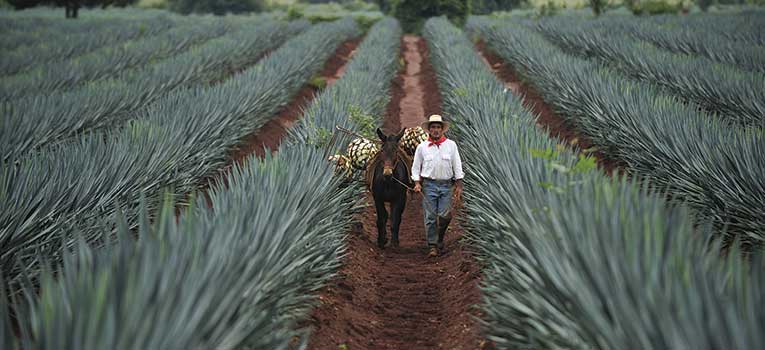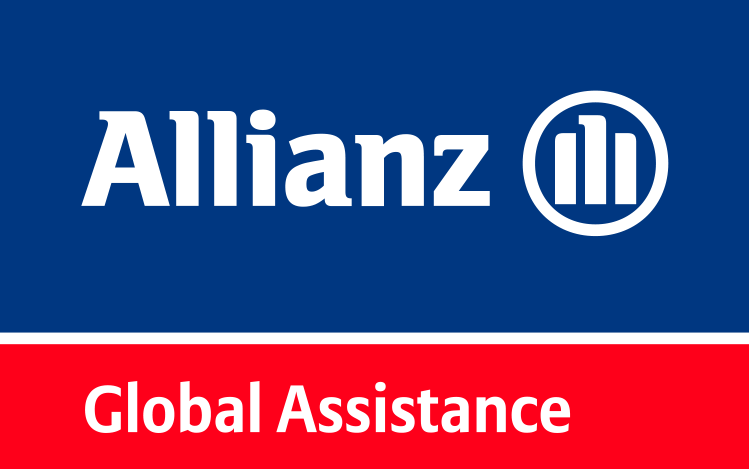Tips to stay safe while travelling in Mexico

Crime and personal safety
Violent Crime
Petty Crime
Kidnapping and Extortion
A rampant criminal activity in Mexico involves kidnapping2 for ransom, and this includes targeting ‘wealthy’ tourists. In most cases, the victim is released once the ransom is paid. There are also ‘express’ and ‘virtual’ kidnappings. An express kidnapping is where the victim is detained and forced (by threat of violence) to withdraw money from a series of ATMs.
Virtual kidnappings aren’t really a kidnapping at all — the criminals obtain personal information about their victims (for example, by watching hotels and bribing the staff) and then place a telephone call3 where they pretend that a loved one is being held for ransom. In reality, the victim’s travelling companion may simply be out shopping or sightseeing.

Transportation safety
Watch out for fake taxis — the driver will charge you extreme rates and may, on occasion, rob you4. Don’t flag down a taxi in the street. Instead, have your hotel call you a taxi or rent a vehicle for any long day trips you may wish to take.
Registered taxis in Mexico are typically gold and red coloured5. Most of the locals are friendly, but resist the urge to stick out your thumb and hitchhike. Also, don’t accept rides from strangers or offer to give them a lift. There’s a real risk of robbery, kidnapping or assault.
Driving
Road conditions can be challenging, so be very careful at all times and avoid driving at night. Main roads and private (toll) roads are usually well-maintained, but other roads can have huge potholes, sunken shoulders and speed bumps that are more like little mountains. Driving in Mexico City can be particularly chaotic and dangerous, so it’s not advisable.
Take sensible precautions against carjacking and highway robbery. Where possible, use toll roads (cuota) rather than the free roads (libre) that are less secure. Drive with the doors locked and the windows up, and keep a generous distance from cars around you to avoid being boxed in.

Safety tips for vulnerable groups
Safety tips for female travellers
Unfortunately, women who travel alone are at greater risk of becoming victims of crime6. The following practical tips can help keep you safe while vacationing in Mexico.
- Do not use public transportation if you don’t see any other women on board. In Mexico City, there are women and children-only commuter train cars7. Local buses don’t offer this service. You may be taking chances with your safety on public transit if there are only men around. Wait for the next bus.
- Avoid drugs and alcohol. These substances can impair your judgment, awareness of your surroundings and ability to defend yourself against assault. Avoid calling attention to yourself with expensive jewelry, revealing clothing and expensive items, such as mobile phones and other electronic devices. Ignore catcalling, so you don’t give the offender additional attention.
- Keep details about where you are going and where you are staying private. You never know what people’s intentions are. Stay aware of your surroundings and avoid walking or taking public transit at night.
- The following is women’s health tip: If you use tampons, bring plenty before travelling in Mexico, or consider alternative methods for capturing menstural flow. It is difficult to find tampons in the country8 and when you do, they are often expensive.
LGBTQ+ safety tips
- Same sex marriage has been legal nationwide since 20229 and Mexico’s constitution prohibits discrimination based on sexual orientation. Unfortunately, even while travelling in places you believe to be LGBTQ-friendly, it is wise to remain discreet to avoid drawing the attention of bigoted people who may wish you harm.
- You will find the most safety among other LGBTQ+ people. Puerto Vallarta is considered Mexico’s most popular LGBTQ+ destination, known for accomodations, nightlife and a beach catering to the LGBTQ+ community.
Safety tips for families travelling with children
- Before you leave home, ensure that each member of your family has a recent medical checkup and is up-to-date on recommended vaccinations. Sightsee within tourist zones and stay at a family-oriented resort. Obviously, stay aware of your environment and keep a close eye on your children. If you venture outside of your resort, opt for reputable, guided tours and hire a private driver.
Safety tips for seniors
- Many seniors may have mobility limitations, which can pose significant problems while travelling in Mexico. But with some careful planning, you can have an enjoyable experience. Keep in mind that some accomodations in Mexico won’t have handrails on stairs, elevators or similar features.
- Connect with expats and read online expat forums to stay aware of the latest common tourist scams, which often target older people.
- Seniors may want to take extra care to protect their health. Take precautions against heat stroke by avoiding the outdoors during the hottest parts of the day and stay hydrated. Make sure you have extra refills of medications from home, along with a doctor’s note and the original bottle to avoid any issues travelling to and within the country.
Stay informed
Awareness of language and customs
- Catholicism is culturally significant in Mexico10. So, keep your views private on certain topics, such as abortion. Learn a few basic spanish phrases that either help in an emergency situation or maintain common courtesy. Also, remember that military check points are common in Mexico. Stay calm and be prepared to comply with instructions.
- Become acquainted with Mexican spanish, which can help you steer clear of uncomfortable situations. For example, coger means “to catch” or “to take” in Castilian Spanish. In Mexico and other places in Latin America, coger is instead a vulgar reference to sexual relations. Instead, the verb tomar is used to “to take” and “to catch.”
- Courtesy is important in Mexican culture. Stand when greeting older people and let them go first in line. Shake hands, and make time for warm greetings and send offs. Avoid intimate, public dispays of affection. Remember that Mexico has a tipping culture; if you are unsure how much to tip, err on the side of generosity.
Areas to avoid
Eating and drinking
Medical services
While Mexico has a national health care system, you may want to consider having travel insurance that may cover health-related emergencies. If you don’t have coverage, you might be required to pay for treatment upfront. Travel insurance by Allianz Global Assistance offers plans with emergency medical and transportation benefits, protection for trip cancellation and delay, baggage loss and delay, and other unforeseen circumstances.
There are certainly quality hospitals and clinics in Mexico, but not all clinics have English-speaking staff. Also, be aware that the quality and availability of medical services decreases outside of the larger urban centres. Similar to Canada and the U.S., the number for emergency police, fire and medical emergency services is 911.

Insects and illness
Natural disasters

Hurricanes and earthquakes can lead to delays and cancellations. Make sure your travel insurance policy covers you for natural disasters.
NOTICE: While the Information is considered to be true and accurate at the date of publication, changes in circumstances after the time of publication may impact on the accuracy of the information. We strongly recommend verifying the travel advisory of your destination prior to departure.
DISCLAIMER: While every effort has been made to ensure the accuracy of all information as at the date of publishing, Allianz Global Assistance does not accept liability for any errors or omissions. Allianz Global Assistance strongly recommends seeking the guidance of a professional travel agent/agency for further information on a specific destination. On your next trip, whether to another province or country, ensure you have travel insurance as it may assist you in cases of unforeseen medical emergencies and other types of mishaps that can happen while you travel. Travel insurance does not cover everything, please always refer to the policy document for full terms and conditions, including limitations and exclusions. Travel insurance is underwritten by CUMIS General Insurance Company, a member of The Co-operators group of companies and administered by Allianz Global Assistance. Allianz Global Assistance is a registered business name of AZGA Service Canada Inc. and AZGA Insurance Agency Canada Ltd. Photography Credits: T photography, ChameleonsEye, Gerardo C.Lerner, Shutterstock.com.
Sources:
1 Road Genious
2 Government of Canada
3 Frommer’s
4 Hotels.com
5 Mexperience
6 Journey Woman
7 Huffpost
8 The Washington Post
9 Associated Press
10 Cultural Atlas
11 Smartraveller
Related articles
to speak with one of our agents.
